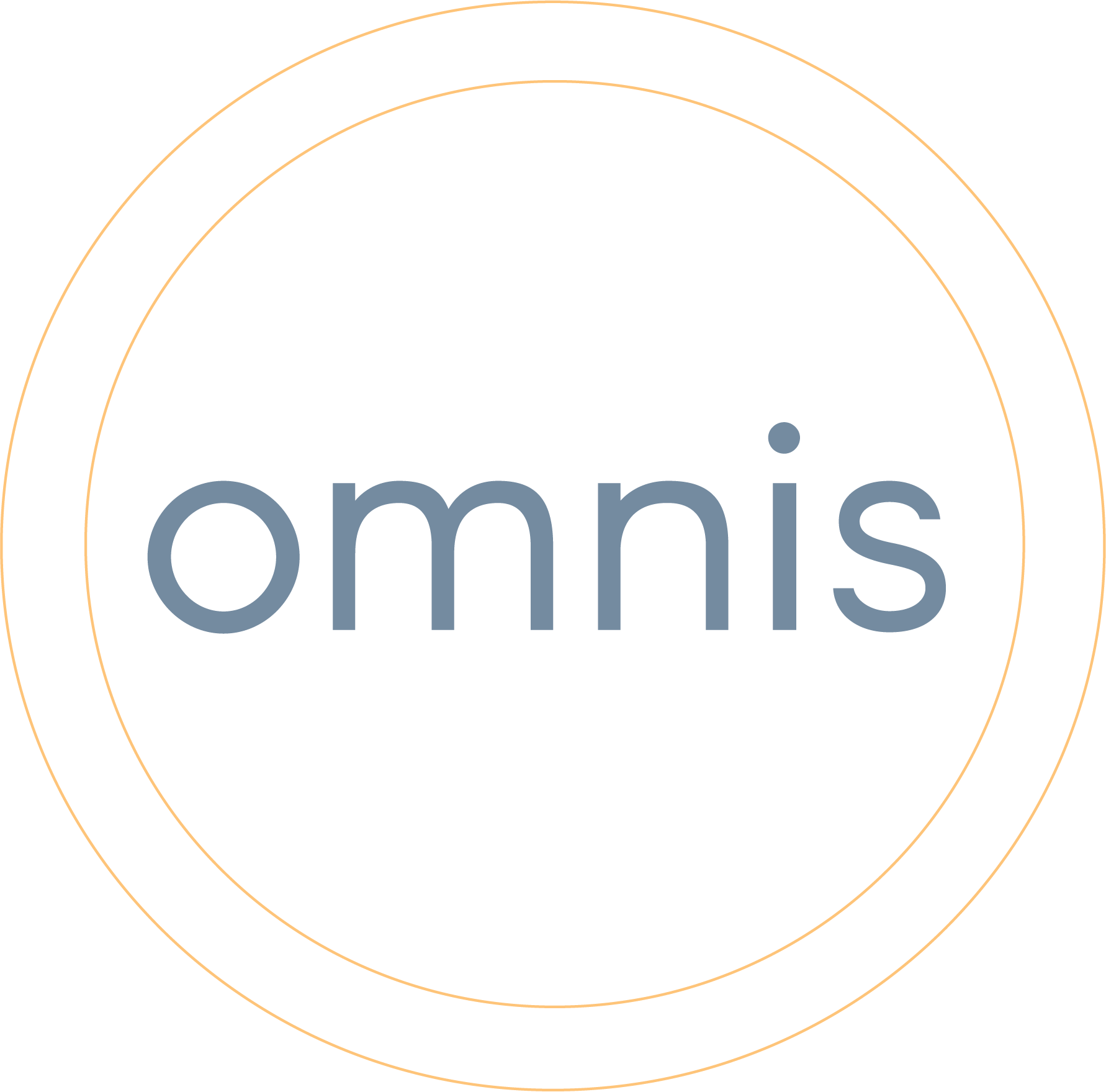Year-end (and other) staff parties
With the well-earned December/January holiday season on the way, many employers will be planning to reward staff with a celebratory party or event.
However, there are important issues to consider, including the possible FBT and income tax implications of providing ‘entertainment’ (including Christmas parties) to staff and clients.
FBT and ‘entertainment’
Under the FBT Act, employers must choose how they calculate their FBT meal entertainment liability, and most use either the ‘actual method’ or the ’50/50 method’, rather than the ’12-week method’.
Using the actual method
Under the actual method, entertainment costs are normally split up between employees (and their family) and non-employees (e.g., clients).
Such expenditure on employees is deductible and liable to FBT. Expenditure on non-employees is not liable to FBT and not tax deductible.
Using the 50/50 method
Rather than apportioning meal entertainment expenditure on the basis of actual attendance by employees, etc., many employers choose to use the more simple 50/50 method.
Under this method (irrespective of where the party is held or who attends) 50% of the total expenditure is subject to FBT and 50% is tax deductible.
However, the following traps must be considered:
- even if the function is held on the employer’s premises – food and drink provided to employees is not exempt from FBT;
- the minor benefit exemption* cannot apply; and
- the general taxi travel exemption (for travel to or from the employer’s premises) also cannot apply.
(*) Minor benefit exemption
The minor benefit exemption provides an exemption from FBT for most benefits of ‘less than $300’ that are provided to employees and their associates (e.g., family) on an infrequent and irregular basis.
The ATO accepts that different benefits provided at, or about, the same time (such as a Christmas party and a gift) are not added together when applying this $300 threshold.
However, entertainment expenditure that is FBT-exempt is also not deductible.
TIP: ‘Less than’ $300 means no more than $299.99! A $300 gift to an employee will be caught for FBT, whereas a $299 gift may be exempt.
Example: Christmas party
An employer holds a Christmas party for its employees and their spouses – 40 attendees in all.
The cost of food and drink per person is $250 and no other benefits are provided.
If the actual method is used:
- For all 40 employees and their spouses – no FBT is payable (i.e., if the minor benefit exemption is available), however, the party expenditure is not tax deductible.
If the 50/50 method is used:
- The total expenditure is $10,000, so $5,000 (i.e., 50%) is liable to FBT and tax deductible.
Christmas gifts
With the holiday season approaching, many employers and businesses want to reward their staff and loyal clients/customers/suppliers. Again, it is important to understand how gifts to staff and clients, etc., are handled ‘tax-wise’.
Gifts that are not considered to be entertainment
These generally include a Christmas hamper, a bottle of whisky or wine, gift vouchers, a bottle of perfume, flowers or a pen set, etc.
Briefly, the general FBT and income tax consequences for these gifts are as follows:
- gifts to employees and their family members – are liable to FBT (except where the ‘less than $300’ minor benefit exemption applies) and tax deductible; and
- gifts to clients, suppliers, etc. – no FBT, and tax deductible.
Gifts that are considered to be entertainment
These generally include, for example, tickets to attend the theatre, a live play, sporting event, movie, etc, a holiday airline ticket, or an admission ticket to an amusement centre.
Briefly, the general FBT and income tax consequences for these gifts are as follows:
- gifts to employees and their family members – are liable to FBT (except where the ‘less than $300’ minor benefit exemption applies) and tax deductible (unless they are exempt from FBT); and
- gifts to clients, suppliers, etc. – no FBT and not tax deductible.
Non-entertainment gifts at functions
What if a Christmas party is held at a restaurant at a cost of less than $300 for each person attending, and employees are given a gift or a gift voucher (for their spouse) to the value of $150?
Actual method used for meal entertainment
Under the actual method no FBT is payable, because the cost of each separate benefit (being the expenditure on the Christmas party and the gift respectively) is less than $300 (i.e., the benefits are not aggregated).
No deduction is allowed for the food and drink expenditure, but the cost of each gift is tax deductible.
50/50 method used for meal entertainment
Where the 50/50 method is adopted:
- 50% of the total cost of food and drink is liable to FBT and tax deductible; and
- in relation to the gifts:
- the total cost of all gifts is not liable to FBT because the individual cost of each gift is less than $300; and
- as the gifts are not entertainment, the cost is tax deductible.
We understand that this can all be somewhat bewildering, so if you would like a little help, just contact our Omnis Business Accountants in West Perth on 08 9380 3555.
Related reading
Please note: Many of the comments in this publication are general in nature and anyone intending to apply the information to practical circumstances should seek professional advice to independently verify their interpretation and the information’s applicability to their particular circumstances.

